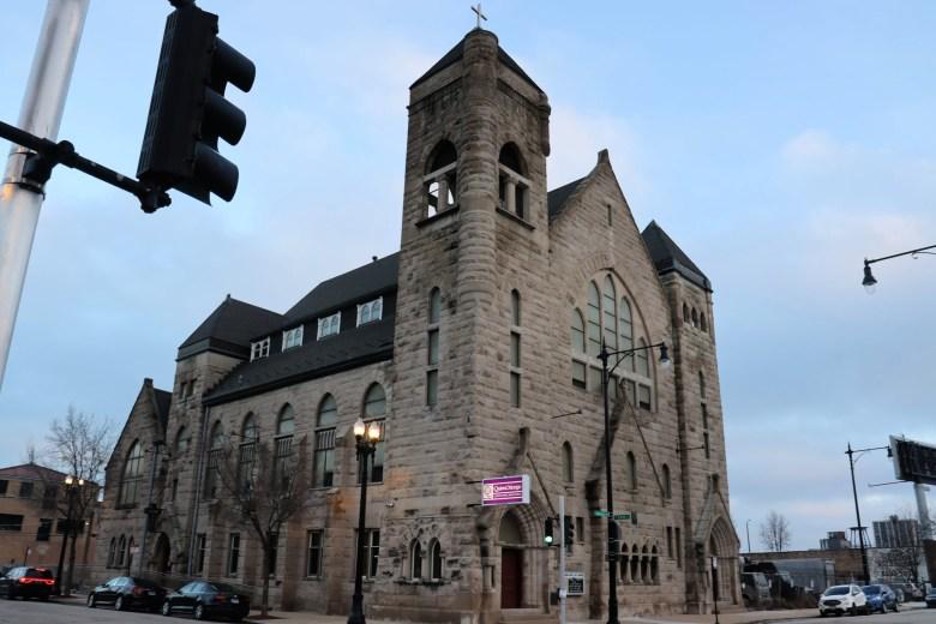In Critical Condition: Voting Rights, Education, and American Democracy
By D’Weston Haywood, Ph.D.
Republicans in state legislatures across the country are moving with lightning speed to restrict voting rights and ballot access. This is largely in response to dramatically changing racial demographics and the rise of “woke” voters, as well as recent narrow Republican losses to Democratic candidates. Far-right conspiracy theories charging voter fraud, among other things, are also working to drive these efforts. Their success has been swift. States like Georgia, Florida, and Iowa are leading the way in legislation that limits early voting periods, absentee ballots, and mail-in voting, for instance. In Georgia, even offering food, water, or assistance to voters waiting in line could be prosecuted as a misdemeanor. Tennessee has joined the spirit of these problematic efforts in limiting democracy, though from another, deeply related front.
As Black Lives Matter (BLM) activists lead our modern Black freedom struggle, pushing America to address its racial past and present, the Tennessee General Assembly voted in May to ban the teaching of systemic racism in the classroom and to withhold funds from schools and districts that do so. The bill does not identify BLM by name but advocates indicated as much in their defense of the legislation, denouncing Critical Race Theory (CRT), one of the key philosophical tenets shaping BLM.
CRT began as an academic movement among legal scholars in the 1970s and has since spread beyond the academy to activist life. It rightly argues that racism is embedded in the country’s institutional structures and gets produced and reproduced by those structures pervading American life from the justice system to popular culture down to everyday interactions between people. If you have ever heard the terms “white privilege,” “intersectionality,” or “structural racism,” then you have probably encountered CRT as it has advanced a crucial vocabulary and framework of ideas in understanding and addressing racist thinking, policy, policing, laws, and institutions. Even Donald Trump had heard of it, repudiating it in an executive order in September 2020, not long after BLM protests had mobilized nationally with great impact in the preceding months. Tennessee is following the former president’s policy trend and states like Idaho, Utah, and Arkansas may also, given recent debates about similar measures in their legislatures.
These emerging, anti-intellectual policies against classroom discussions that could otherwise help cultivate an informed future electorate invested in a civic engagement that helps root out longstanding inequities, in fact, go hand-in-hand with their anti-democratic cousin—the new wave of assaults on voting rights. Indeed, both are growing together, sprouting from the same seeds that are working to advance perhaps a new Republican form of criticality: the process of expending intellectual and institutional energies to devise virtually any means necessary to resist the expansion of democracy. Ironically, such moves affirm the very point that CRT is making, rejecting critical theory to instead embrace conspiracy theories about stolen elections.





